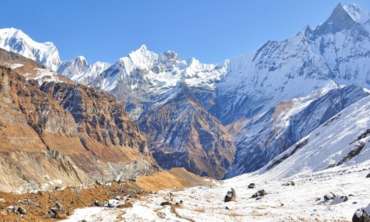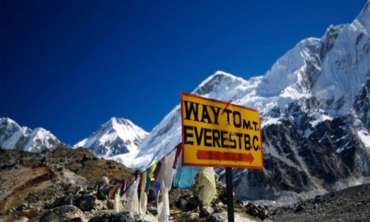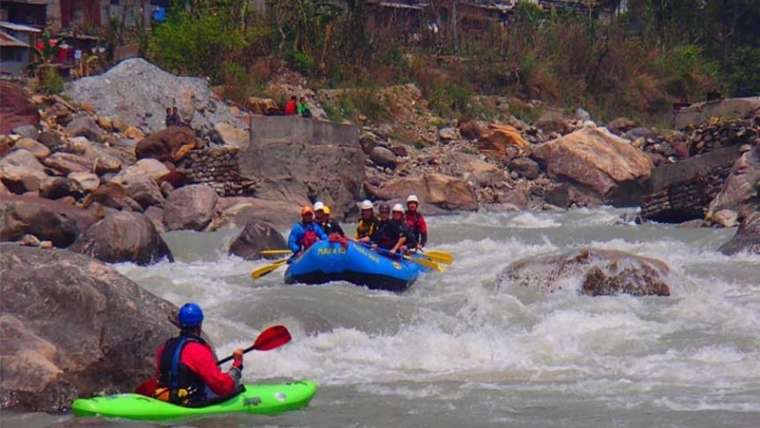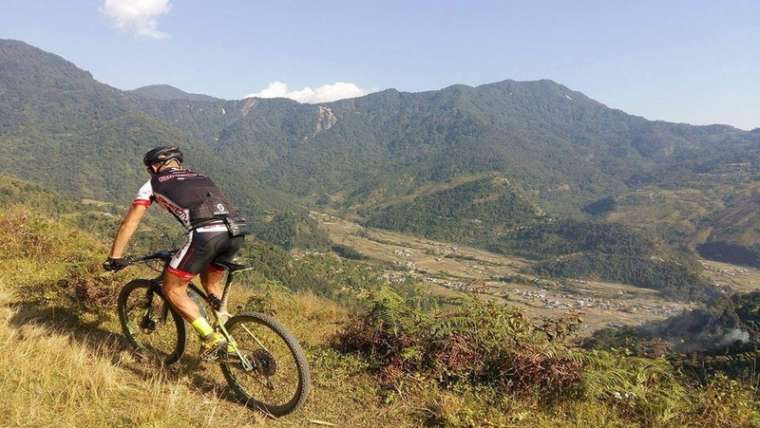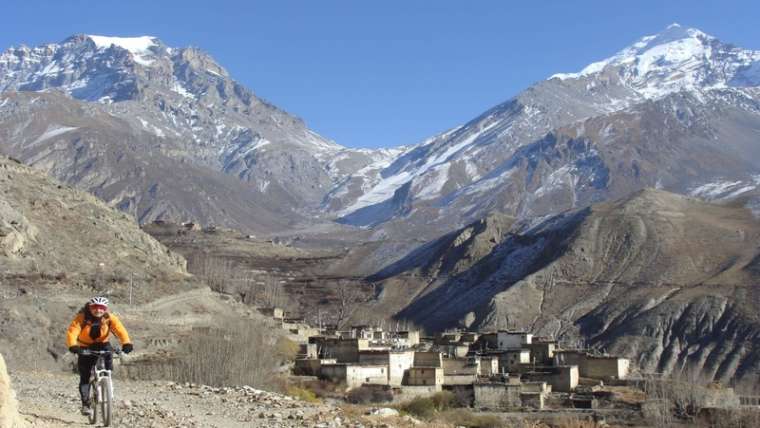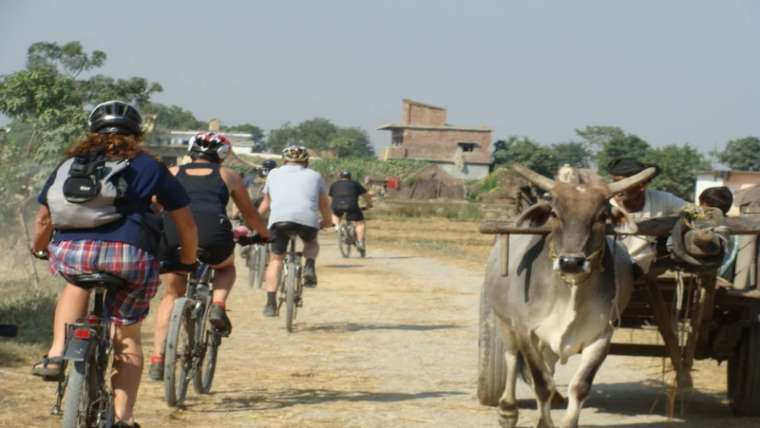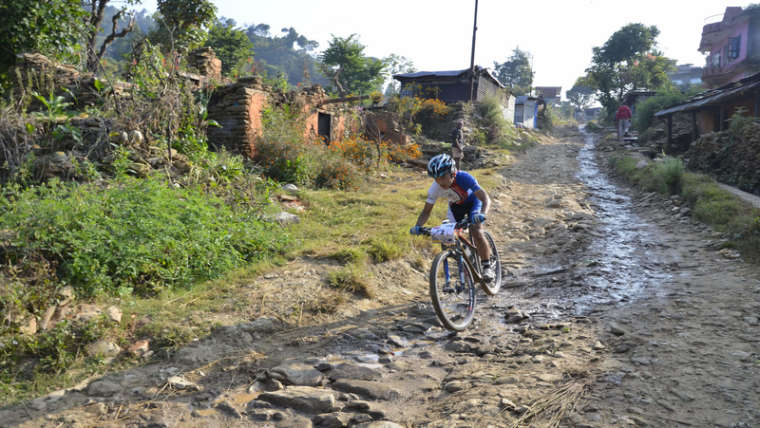Before you start – Do not underestimate the importance of training before your challenge. Even if you are active and exercise regularly, it’s good to adapt your training towards your chosen challenge activity. This is vital in building strength, cardiovascular stamina and muscle endurance for the challenge ahead.
We provide plenty of additional information and guidance in your personalized login area, including warm up, stretching, cardiovascular training, exercise intensity, cross training, resistance (weight) training, cool down and the hazards of over-training.
We recommend you seek advice from a fitness professional, so as to develop a programme tailored to your needs, lifestyle and fitness level. Besides specifying the types of exercise, duration and intensity you need, a good trainer can also advise you on nutrition and diet.
Training Principles
At the beginning of any training programme it’s always a good idea to establish your fitness objectives and goals. These should be realistic and achievable, but definitely challenging. Aiming too high will set you up for a failure, which could dent your enthusiasm for the challenge. It’s equally important not to overdo it and injure yourself. Review your objectives every couple of weeks to ensure you are still pushing yourself and adjust your programme where necessary.
Start your training programme as far in advance of your challenge as possible. We recommend a lead-time of at least 16 weeks prior to departure, but obviously this is not always possible so do your best to start as soon as you can. This will allow you time to build up your fitness level gradually, thereby reducing the risk of injury.
Travelling to new climates and exposing yourself to extreme exertion and high altitude can take its toll, so it is vital to look after your health from the moment you sign up.
We provide comprehensive guidance and advice in your login area, in order to ensure you are fit for your chosen expedition. The likelihood of serious problems is minimized when you’re well prepared.
General Medical
Heat – Beware of dehydration and heat-related conditions, especially when exerting yourself. Drink three to four litres of water per day. Add extra salt to your food and use electrolyte solutions if dehydrated.
Sunburn / sun damage – Sunburn is distressing and can have long-term effects, including skin cancer and premature skin ageing. To avoid it, wear a hat, use 50+ sunscreen and wear 100% ultra violet glasses.
Insect borne diseases – Biting insects can spread disease, including malaria. Use anti-bug sprays, preferably containing DEET and cover up at dusk and in wet weather.
Here are a few further tips for staying healthy:
Wash hands thoroughly after going to the toilet, before handling food or eating.
Carry anti-bacterial hand gel.
Stick with bottled water and avoid ice unless you are sure it is made from treated water.
Eat freshly cooked food, and ensure it is piping hot.
Protection
We provide guidelines on the vaccinations and malaria protection needed (if applicable) for all of our challenges. Please refer to the Tour Info for your challenge. These are broad outlines and you should consult your GP or travel health clinic at least two months prior to departure for further advice. Some vaccinations cannot be given at the same time and some take time to be effective. For example, immunization against Hepatitis B can take six months to give full protection.
See your doctor even if you are going at short notice, as some protection may be better than none at all. Some immunizations are free on the NHS. For others, there may be a charge. If you need anti-malaria medication, your doctor will advise on which is most appropriate. Some anti-malaria tablets are available from pharmacists without a prescription.
High altitude
Many of our challenges take place at high altitude. Healthy people may travel to altitudes up and above the height of Kilimanjaro (5,895m) as long as they are properly acclimatized. If you are not acclimatized, you could suffer from hypoxia, which means a lack of oxygen. As you ascend you will notice an increase in pulse rate and breathing rate as your body works harder to get available oxygen to the muscles.
All our high altitude challenges are graded as ‘extreme’. When designing our itineraries, we ensure that we provide adequate time to acclimatize so that the majority of healthy participants can function unhindered. Sufficient acclimatization is imperative so as to avoid illness when at altitude. Check in to your login area for more detailed advice and guidance, as well as videos and support on how to reduce the impact of high altitude.




